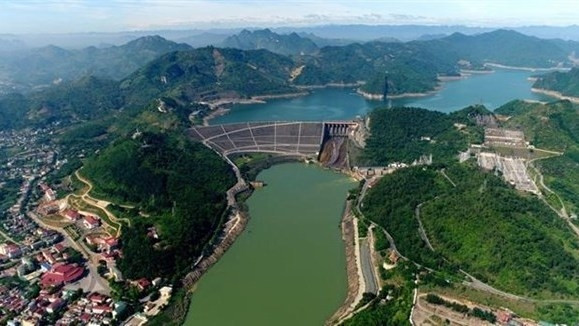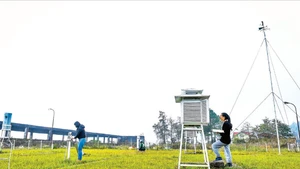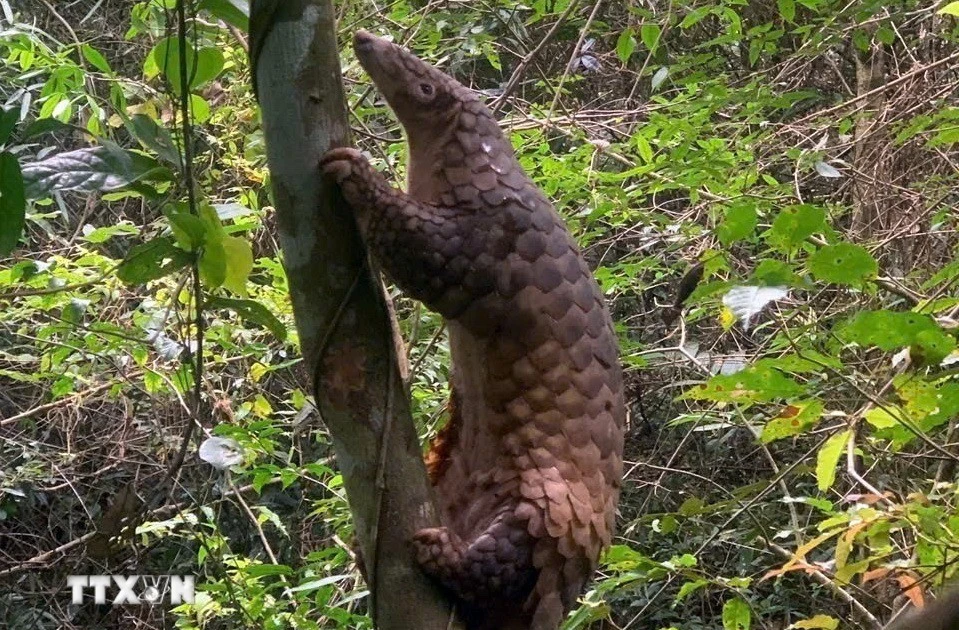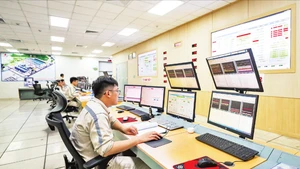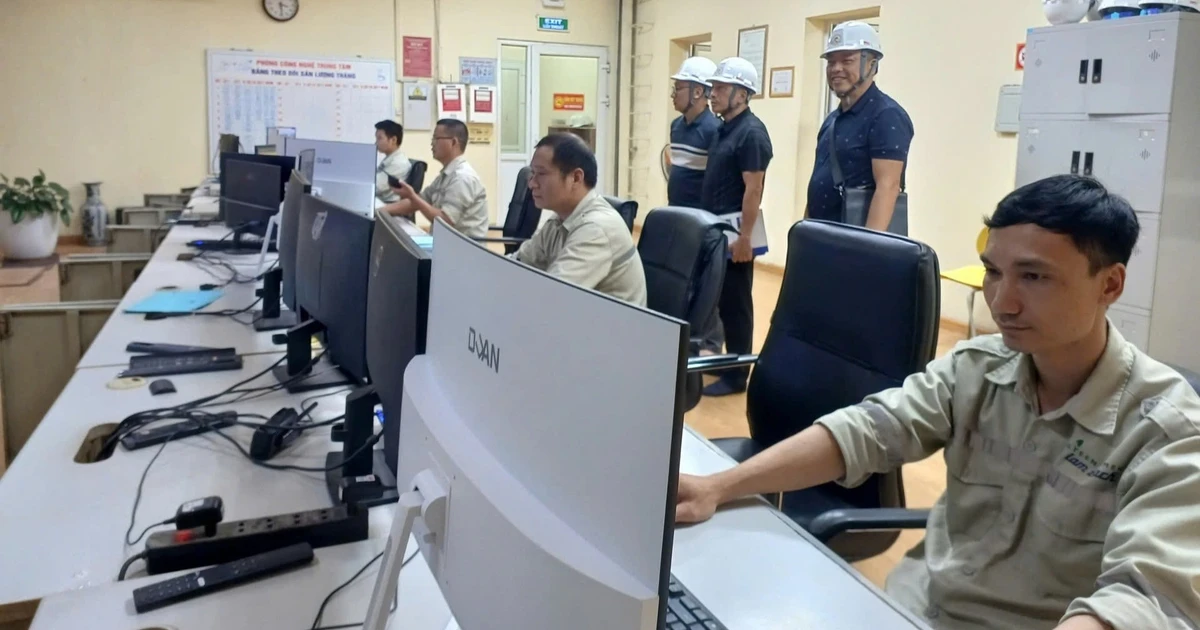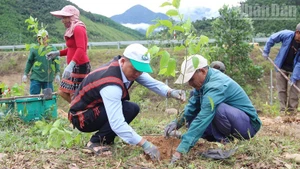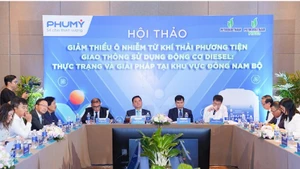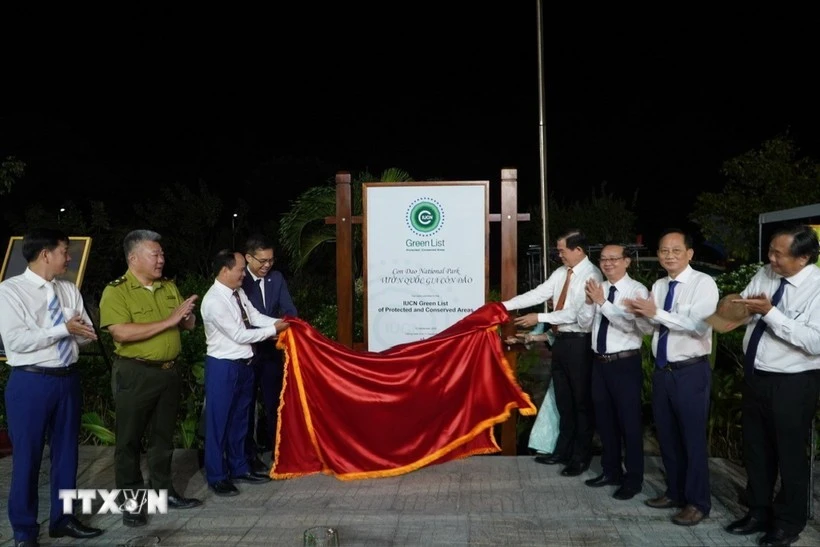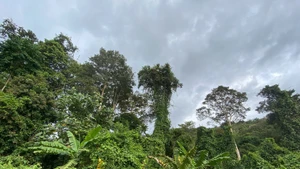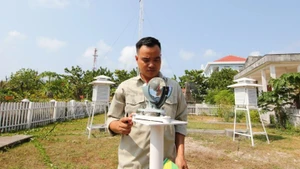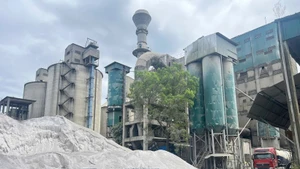The Day underscored the importance of rivers to biodiversity since they are key to recovering and maintaining global biodiversity.
This year, countries around the world will take part in the 15th meeting of the Conference of the Parties to the Convention on Biological Diversity amid the fact that the freshwater biodiversity is facing the worst degradation.
To solve this problem, Vietnam and other countries need to take urgent and drastic moves to jointly make and implement the policies, plans, and initiatives on preventing the degradation of ecosystems for the future of the entire humankind.
Nguyen Thuong Hien, Deputy General Director of the Vietnam Environment Administration at the Ministry of Natural Resources and Environment (MoNRE), said the 2020 Law on Environmental Protection and the Government’s decree issued on January 10 this year feature detailed regulations aiming at improving pollution control and biodiversity conservation.
Recently, the Prime Minister approved the national biodiversity strategy by 2030 with a vision to 2050, which identified the country’s priorities on nature and biodiversity conservation for the time ahead - increasing the area of protected natural ecosystems, recovering and ensuring the integrity and connectivity of ecosystems, and sustainably utilising biodiversity to help develop a green economy and proactively adapt to climate change.
In the face of challenges to managing the use of and sustainably developing water resources, since the National Assembly issued the Law on Water Resources in 1998, Vietnam has moved to apply integrated water resource management in river basins.
For 2022, the MoNRE’s National Center for Water Resources Planning and Investigation (NAWAPI) was tasked with making an overall plan for the Hong (Red) - Thai Binh river basin and another for the Cuu Long (Mekong) river basin to be submitted to the PM for approval.
NAWAPI General Director Tong Ngoc Thanh said to build the plans, his centre has collected additional documents and data; organised workshops on orientations for management, exploitation, use, and sustainable development of water resources in the Mekong Delta; and continued assessing the river basins’ situation.
Nguyen Thi Thu Linh, Acting Chief of the Permanent Office of the Vietnam National Mekong Committee, pointed out that many countries in the region and the world have voiced concerns that development activities in river basins, especially hydropower development, will cause many adverse impacts, notably changing river flows and levels, influencing the livelihoods of local residents, and affecting the environment.
The office will keep a close watch on the use of water and related resources in the upper Mekong countries, make timely reports on hot issues in the river basin, boost bilateral cooperation and data sharing with Laos and Cambodia, and press on with negotiations on a deal on regulations for water use along the Vietnam - Cambodia border.
Besides, the committee will work with relevant units to enhance ties with international partners to help amend the Law on Water Resources along with the policies, programmes and projects on safeguarding water security, thereby better serving the state management of water resources, Linh added.
